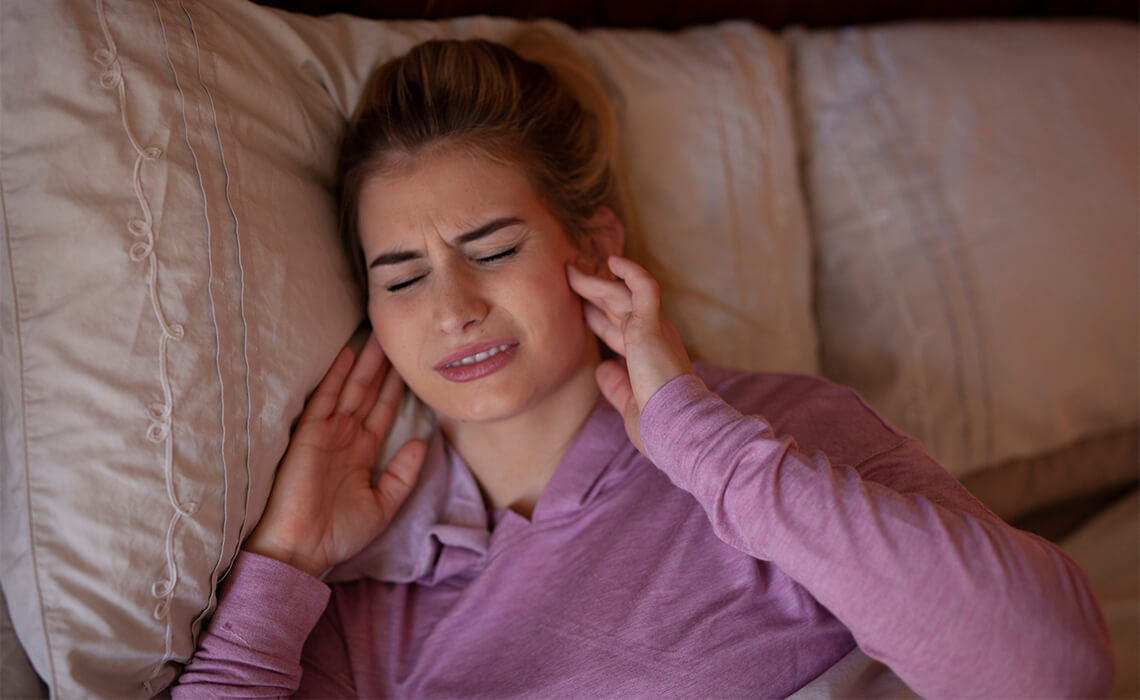Ever wake up feeling like you’ve been chewing rocks in your sleep? Or maybe you’ve had jaw pain that just won’t quit? Turns out, these could be connected to more than just stress—they might be linked to how you breathe while you sleep. Intrigued? Let’s dive into the fascinating trio of sleep bruxism, sleep-disordered breathing (SDB), and temporomandibular disorders (TMD).
This recent evidence-based review takes us on a journey into the mysterious overlap between these three conditions. Sleep bruxism—aka clenching or grinding your teeth—has long been a nighttime nemesis for many. But what if it’s not just a bad habit? For some, it could be the body’s way of keeping airways open when breathing gets tricky during sleep. Enter SDB, which includes conditions like obstructive sleep apnea. Add TMD to the mix—those nagging jaw issues—and you’ve got a complex web of symptoms that can affect sleep quality, daily comfort, and overall health.
- Here’s the twist: The article highlights that while these conditions often appear together, their exact relationship is still under investigation. Are they causally linked? Or just co-travelers on the sleep disorder express? The good news? By treating one—like improving breathing with a CPAP or dental appliance—you might indirectly help the others.
- Why this matters: If you’re struggling with any of these conditions, it’s worth exploring the full picture with your healthcare provider. After all, sleep is supposed to be restful—not a battlefield for your jaw and airways.
So, the next time you wake up with a sore jaw or find yourself gasping for air at night, remember: Your body might be trying to tell you something. And if it involves this trio of troubles, a skilled dentist or sleep specialist could be your secret weapon for better nights and brighter days.
Balasubramaniam R, Klasser GD, Cistulli PA, et al. The link between sleep bruxism, sleep disordered breathing and temporomandibular disorders: An evidence-based review. Journal of Dental Sleep Medicine. 2014; 1(1): p. 27-37.
